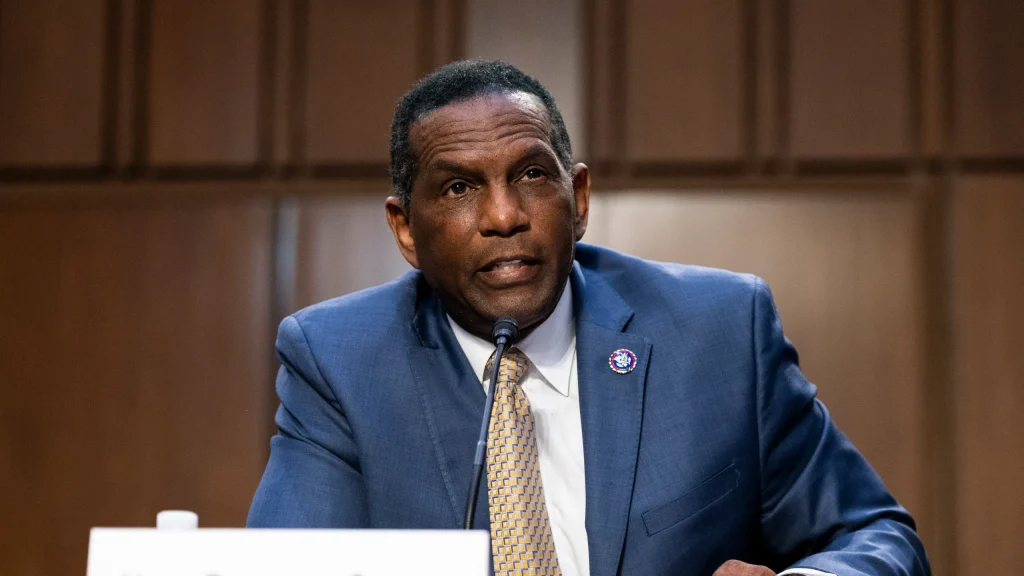Former NFL Player and Congressman Burgess Owens Expresses Concern About NIL Payments

In a recent address at the University of Utah, Rep. Burgess Owens shared his belief that the influx of money in college sports through Name, Image, and Likeness (NIL) deals could create a generation of “self-centered, narcissistic young men.”1
Rep. Burgess Owens, a former NFL player and a key voice in education policy, delivered a speech at the University of Utah as part of the Sutherland Institute’s 2025 Congressional Series.2 During his talk, Owens focused on the principle of merit, which he called the “best thing that I’ve truly learned out of athletics.”
Owens defined merit as “that desire to become better tomorrow, better than you were today.” He believes that a system based on merit rewards hard work and dedication. He applied this principle directly to the growing debate over NIL and paying college athletes, stating that while athletes may deserve to be paid, the current system lacks necessary controls.
The Dangers of Early Wealth
Owens expressed deep concern about the psychological impact of NIL money on young athletes, specifically referencing the potential for them to become “self-centered, narcissistic young men.”3
“You put a million, $2 million every six months into these young guys, at the age of 18, 19, they have no idea what character is about, they’re not learning it,” Owens said. “They don’t have an idea what it is to be committed to a team, loyalty, the things that make us who we are.”
He pointed to the rise of the transfer portal, arguing that when athletes believe they are “that valuable,” they may feel entitled to leave at the first sign of a challenge. He emphasized that student-athletes should remain students, not employees, and maintain their amateur status.4
A Call for Innovation in Education
Beyond college sports, Owens also stressed the need for innovation in education, stating, “Education is my wheelhouse.5 It’s my pure love.” He compared the dramatic technological evolution of phones over the last century to the lack of change in the educational system.
To address this, Owens is championing the implementation of Learning Employment Records (LERs). These would be personal digital records where individuals could store their skills, certifications, and work experience, providing a comprehensive view of their capabilities to potential employers. “It’s not just about earning degrees, but about all skills and education that a person may acquire,” he said.
Owens also spoke in favor of school choice, which he believes is the “greatest gift” in the country.6 He praised Utah’s support for school choice and promoted the Educational Choice for Children Act, a bill that would provide tax credits for donations that support students attending private schools. “When we have choice, everything improves,” Owens said, adding that it encourages public school systems to innovate to retain students.
“Everything that works in this country is based on merit,” he concluded.

